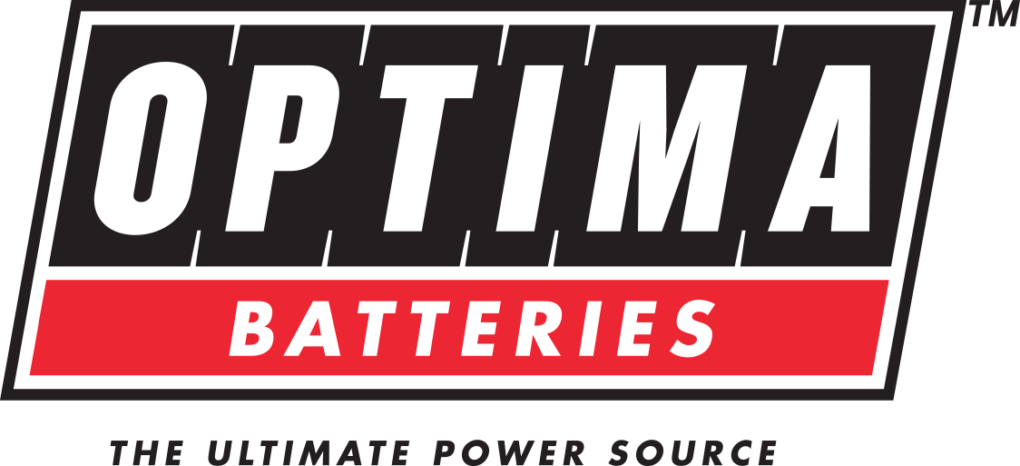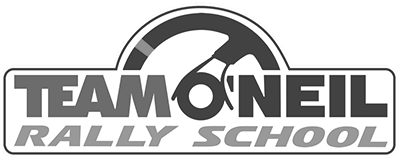Although they are similar, offroading and overlanding are not interchangeable terms. In the most basic sense, overlanding is traveling over land as opposed to air or water. Overlanding is not limited to vehicle use only either. Overland travel can trace its roots back over 2,000 years to the Silk Road. Back then, people would travel on foot by land over long distances to deliver goods from the east to the west. Fast forward to the middle of the 20th century, there became a need for people to travel these established overland routes by vehicle. This is where recreational overland travel was born because people enjoyed the challenge of driving from Peking to Paris or Alaska to Ushuia. Back then when gas stations were extremely limited and roads and trails weren’t developed, overland travelers had to be completely self-sufficient. Decades later as these historic overland routes became more developed, people seeking this kind of self sufficient extreme adventure had to find other more remote routes. People took their BMW GS bikes and Land Rover Defenders and ventured out to places like Africa and the Amazon to satisfy their thirst for adventure. This is what the definition of overland travel has become. Long distance self reliant travel from point A to point B through remote areas and rough terrain.
Where people confuse overlanding with offroading is the “point to point” part of the definition. Overlanding is about the adventures you have and the things you see along the way. Overland journeys take days and even months to complete so things like camping are just a part of the trip. Combining offroading and camping does not equal overlanding. A great example of this is the rubicon trail. The rubicon trail is a 22 mile long offroad trail in Nevada and it is a hugely popular 4X4 destination in North America. Because it is only 22 miles long, you can’t overland the Rubicon trail. Another popular destination is Moab Utah. Moab is a truly unbelievable destination for all things adventure but especially offroading. You can certainly offroad and camp around Moab but that's not overlanding because you aren't on a long point to point journey.
Here in the United States where 30% or our land mass is public land, there are tons of different overland trips you can do. Even in New Hampshire where we are located we have over 1500 miles of class six roads. In New Hampshire, class six roads are unmaintained gravel roads that are typically very technical. Just over the border in Vermont there are over 1700 miles of class four Vermont roads. Even in two small states in the northeast, you have over 3,000 miles of trail to put together some overland routes. If you have the time and the budget we can't recommend planning overland trips all around the globe highly enough. Around the world there are countless overland journeys you can take and it's one of the best things you can do with your time.
If you are interested in doing some offroading, check out TrailCraft, our off road program here at Team O’Neil!
Your blog post content here…


















